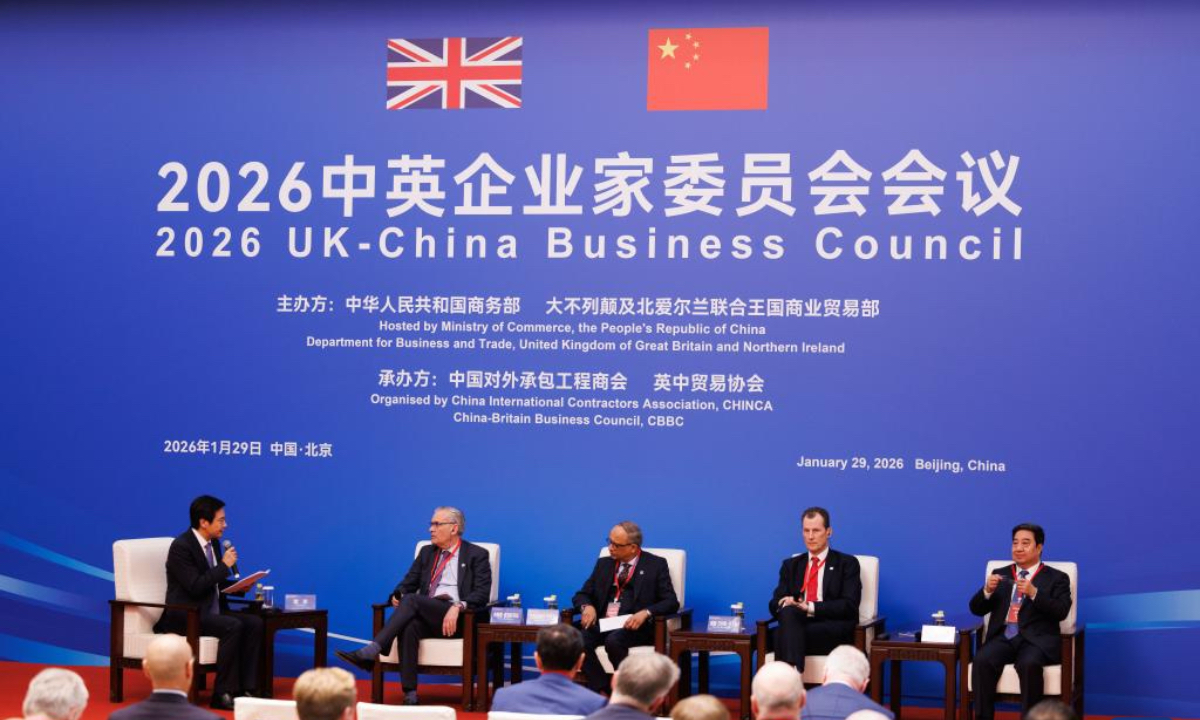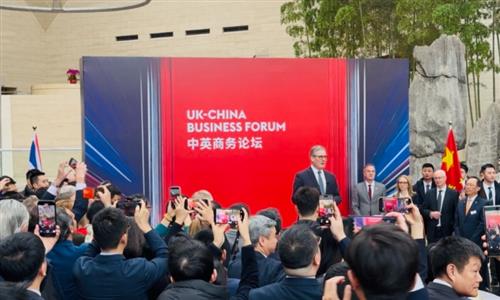PM: billions were stolen by so-called race champions
GOMBAK: The era of hiding corruption behind ethnic loyalty must end, as billions were siphoned off by those claiming to champion a particular race, says Datuk Seri Anwar Ibrahim.
The Prime Minister said racial slogans have long been used to deceive Malaysians and that they should not be misled by rhetoric cloaked in ethnic sentiment.
He added that there were some leaders who once claimed to champion Malay interests but had in reality amassed vast personal wealth, worth billions allegedly stashed in accounts under their control.
He said such leaders had betrayed the very community they professed to defend.
“People spoke about fighting for Malays but when you looked at their accounts, there were billions.
“They claimed to protect the community while siphoning off funds here and there,” he said in his speech at the Selangor PKR Convention yesterday.
Anwar said such leaders are uncomfortable with the current unity government not because they are misunderstood, but because they fear accountability under a federal administration anchored in justice and principles.
“This is a government that does not compromise. The country must be saved, must stand firm on principles and must reject all attempts to deceive and plunder national wealth,” he said.
Anwar added that the current administration had shown unprecedented resolve in acting against corruption involving figures at all levels, including ministers, former ministers and senior officials.
He reiterated that the unity government also rejected politics based on ethnic supremacy and remained multiracial and multireligious in its approach.
“We have never claimed to be champions of any one race. We are champions of justice, giving people what is rightfully theirs,” he said, adding that the government had recorded its strongest performance in tackling hardcore poverty across all communities.
Anwar also said Cabinet meetings consistently examined the full range of national challenges, with particular focus on socio-economic concerns such as employment and education.
“This government makes a deliberate effort to discuss and resolve every single issue affecting every single person in this country,” he said.
Anwar noted that previous efforts by other political leaders to form multiracial parties had failed, with many dismissing in the late 1990s the idea that Malaysia could succeed under a genuinely multiracial political platform.
In this respect, the PKR president said PKR had proven its commitment and remained steadfast in representing and safeguarding the interests of all communities by ensuring inclusive representation within the party.
Anwar assured members of the Indian community present at the gathering that PKR would continue to stand firm in defending their rights and ensuring their voices are heard within the political system.
“I want all Indians present to know, this party will fight and defend your rights,” he said to applause from delegates.
While acknowledging that the Malays form the majority and Islam is the religion of the federation, he said this must be balanced with fairness and respect.
“To live in Malaysia, we must safeguard Malays, Chinese, Indians, Iban and Kadazan. To succeed as a united force, there must be a voice representing everyone,” he added.
Anwar also assured that the future of the Malays would be protected through firm and transparent policies, with the Chinese having a role to play in the party’s vision for the nation.










